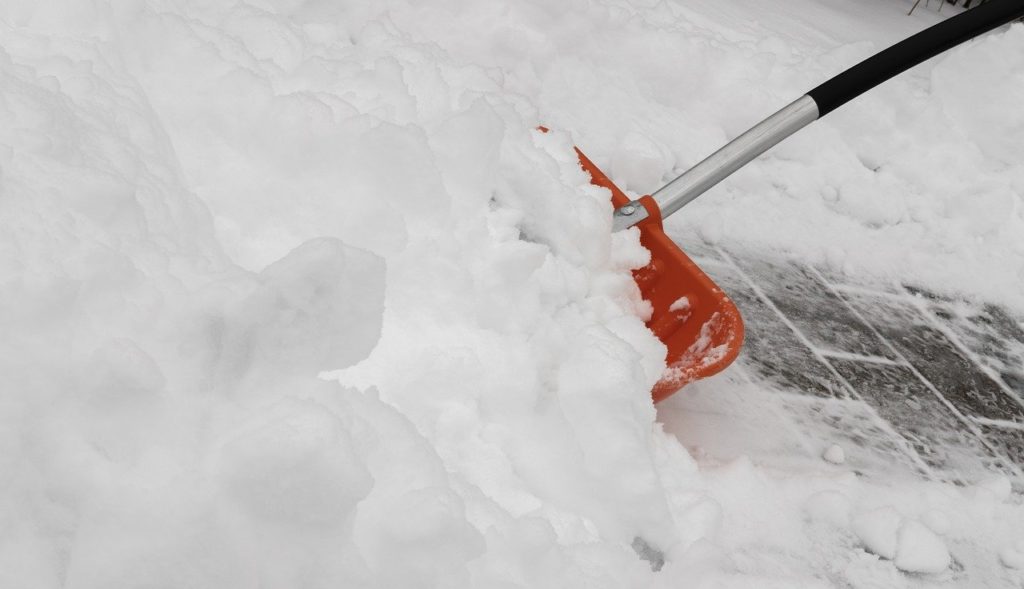- Ensure your insurance policies are up to date during the pandemic - May 8, 2020
- Broker met duty of care, can’t be an ‘expert in all things’ - December 1, 2019
- Documentation vital in defending winter liability claims - November 1, 2019
Property companies need to have systems in place to demonstrate they are prepared for winter safety hazards in case a mishap leads to a personal injury claim, Toronto insurance defence lawyer Heather Vaughan says.
“Property owners should have a risk-management system that contemplates fluctuating weather conditions, including maintaining cleaning systems inside their premises and snow removal and ice control outside of their property.”
Injuries can involve “scrapes and maybe bruised egos,” she says, “but some can be significant enough that people miss work. An older person could fall and break a hip.”
Whether minor or serious, Vaughan says the success in defending against these claims comes down to being able to prove that there was a reasonable system in place at the time.
Ensure a reasonable level of perfection
“Many times, it boils down to whatever evidence you can provide to show that your system is reasonable. As an occupier, you’re not being held to a standard of perfection but rather reasonableness.”
She says that in addition to having a risk-management system in place, property companies need to review it regularly as well as monitor the timing and service level of snow removal contractors.
A company may use different contractors for various parts of the property, such as sidewalks or the parking lot, she says. “It’s important to make sure that everyone knows what their roles are and property staff can carry out inspections to make sure the work is being done.”
If a claim is brought, Vaughan says the best defence is to retain as much evidence as possible.
“That includes completing proper incident reports, retaining inspection log notes of work that’s being done on the property and ensuring contractors are notified immediately if there’s a claim that can potentially affect them so that they can do a similar undertaking,” she says.
“Many times you might be doing the right thing, but you haven’t made note of it. Documentation is important for defending these types of personal injury claims.”
Vaughan says property owners often hire a property management company, which would have its own staff onsite, but independent contractors are usually employed for snow and ice removal.
“When a claim arises, generally the property owner is sued for negligence. Then the snow removal contractors are either added to the plaintiff’s litigation or the property company will bring a third-party claim against them,” she says, noting that can lead to contractual issues between the owner and contractors.
Train staff to take complaints seriously
Vaughan says it’s key for property owners and businesses to train their staff in how to respond to slips and falls, which includes taking complaints seriously and apologizing.
“Giving an apology right away can’t be held against you in litigation,” she says. “You can often avoid minor claims by dealing with the customer in a respectful way.
“Obviously, if the person is seriously hurt and needs compensation, an apology alone is not going to cut it. But claims can develop when people are upset and don’t feel like they’ve been treated well.”
In addition to protecting yourself from future liability, Vaughan says showing empathy toward the person who’s had a fall or an embarrassing situation can go a long way.

